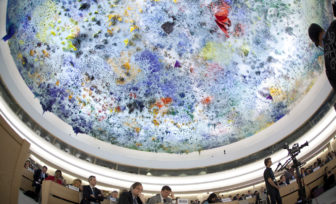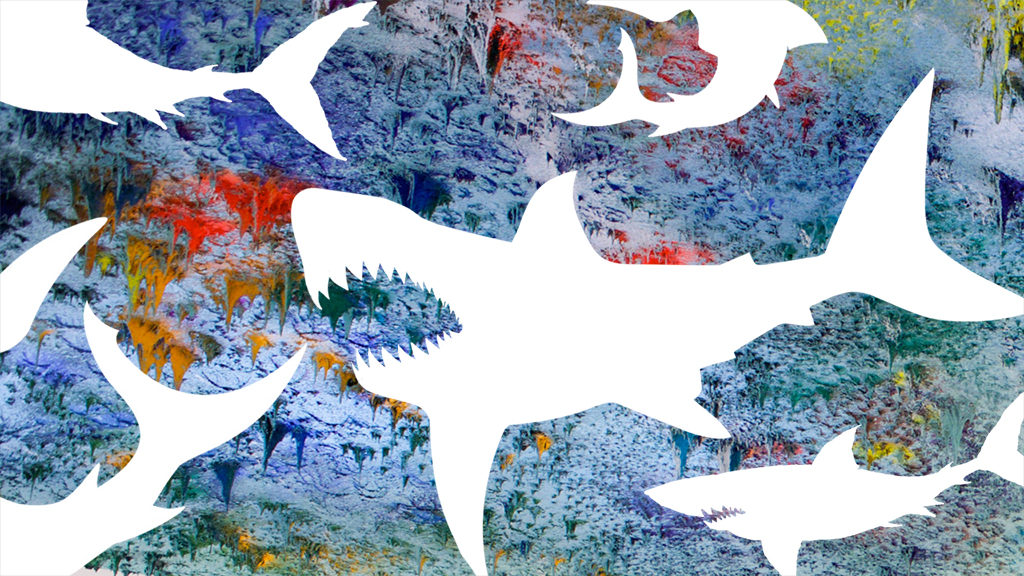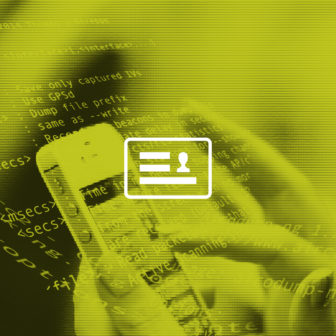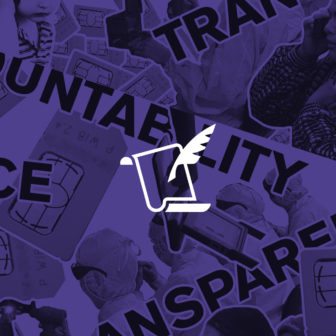Tag: hacking team

Shutdowns, surveillance, and censorship: UPR reviews highlight threats to digital rights
We joined our partners to document the human rights records of Egypt, Gambia, Iraq, and Italy.

At the United Nations, UPR surfaces threats to our digital ecosystem
In the current review cycle, we provide evidence on the human rights situation in Chile, New Zealand, Uruguay, Vietnam, and Yemen.

European Parliament adopts strong position on surveillance export controls to protect human rights

Announcing the 2015 Heroes & Villains of Human Rights and Communications Surveillance
Today Access recognizes the individuals and groups that have either been champions of the 13 internationally recognized principles for human rights in communications surveillance (“Heroes”), or have undermined or violated those principles (“Villains”). These principles, called the International Principles on the Application of Human Rights to Communications Surveillance (or “the Principles”), have been endorsed by more than 400 civil society groups worldwide. They provide a framework for assessing whether government surveillance practices comply with international human rights obligations. Today marks the two-year anniversary of the Principles, which were publicly released on September 22, 2013.

Five Tweets that show the scope of Hacking Team’s impact on human rights
This week we learned even more about the way these firms operate when a hacker copied and leaked some 400 gigabytes of data from Hacking Team, the Italy-based surveillance tech firm. Here are five Tweets that reveal the scope of the company’s impact on human rights.

Hacking Team hacked: How to protect yourself
There is now clear evidence that Hacking Team company sells surveillance software to countries including Azerbaijan, Kazakhstan, Uzbekistan, Russia, Ecuador, Bahrain, Saudi Arabia, the Sudan, and the United Arab Emirates. The sale of surveillance tools to rights-abusing regimes directly impacts users at risk, including journalists, bloggers, sexual rights activists, members of the LGBTIQ community, and human rights defenders. We take a look at how people in these countries can protect themselves, and explore how companies and governments should respond.